EU to impose sanctions on Lebanese politicians
The European Union (EU) says it will create a sanctions regime targeting officials in Lebanon, which has been grappling with an economic crisis amid a failure to form a new government.
The decision came during a meeting of EU foreign ministers on Monday.
EU foreign policy chief Josep Borrell said the European officials had “reached a political understanding that a sanctions regime against those who are responsible for the situation should be established.”
“I can say that the objective is to complete this by the end of the month. I am not talking about the implementation of the regime, just the building of the regime according to [a] sound legal basis,” Borrell told reporters in Brussels.
The EU, led by France — the former colonizer of Lebanon — is seeking to ramp up pressure on the Lebanese authorities in an attempt to force the formation of a Western-friendly government.
“Lebanon has been in self-destruct mode for several months,” French Foreign Minister Jean-Yves Le Drian told reporters in Brussels on Monday. He added that the “legal framework” agreed by the bloc “will be a tool to pressure the Lebanese authorities” on government formation.
After setting up a sanctions regime, the EU could see individuals hit by travel bans and asset freezes, although it may also decide to not list anybody immediately.
The latest development came as French President Emmanuel Macron called for a new political pact among Lebanese political factions and threatened the country’s leaders with sanctions if they did not submit to “political change” during an uninvited visit to Lebanon that followed a blast at Beirut port in August 2020.
Back then, Macron’s remarks sparked a swift backlash, with many Twitter users denouncing what they deemed as interference in the internal affairs of Lebanon, which gained independence from the French colonial rule more than seven decades ago.
The Beirut government has been headed by a caretaker government since Prime Minister Hassan Diab resigned in the wake of the catastrophic Beirut port explosion last August, which killed over 200 people.
Since then, Lebanese political groups have failed to resolve their differences and form a government.
The World Bank has called Lebanon’s crisis one of the worst depressions of modern history, ranking it among the world’s three worst since the mid-1800s in terms of its effect on living standards. The country’s currency has lost more than 90% of its value since fall 2019 and more than half of the population has been rendered jobless as businesses have shut down.
Lebanese agriculture minister warns of severe hunger crisis
Lebanon’s Agriculture Minister Abbas Mortada warned that the country might witness a severe hunger crisis because of the devaluation of the local currency against the dollar and the Saudi ban on Lebanese agricultural products.
“Fear is growing everyday in light of the absence of solutions to the economic and political crises in the country,” Mortada said on Monday.
“The decline of the local currency against the dollar diminishes the ability to import agricultural items that are not available in Lebanon. The government should develop an urgent plan to stop the collapse of the lira so that Lebanon does not drift into a severe hunger crisis,” he said.
According to World Food Programme (WFP), Lebanon relies on imports for 85 percent of its food needs, and 50 percent of the Lebanese people are concerned about their inability to buy food.
Mortada also stressed the importance of setting up strict guarantees to prevent the smuggling of illegal substances that has recently triggered a ban on Lebanese produce. In April, Saudi Arabia, which is one of Lebanon’s main export markets for agricultural products, issued a ban against Lebanese fruit and vegetable products, under the pretext of an increase in drug smuggling.
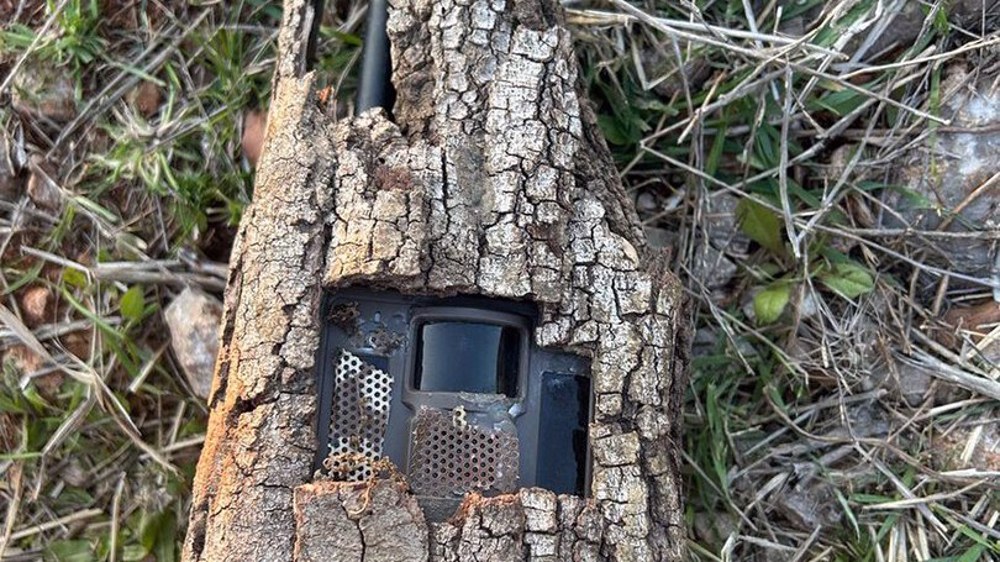
Two Israeli spying devices found, neutralized in southern Lebanon
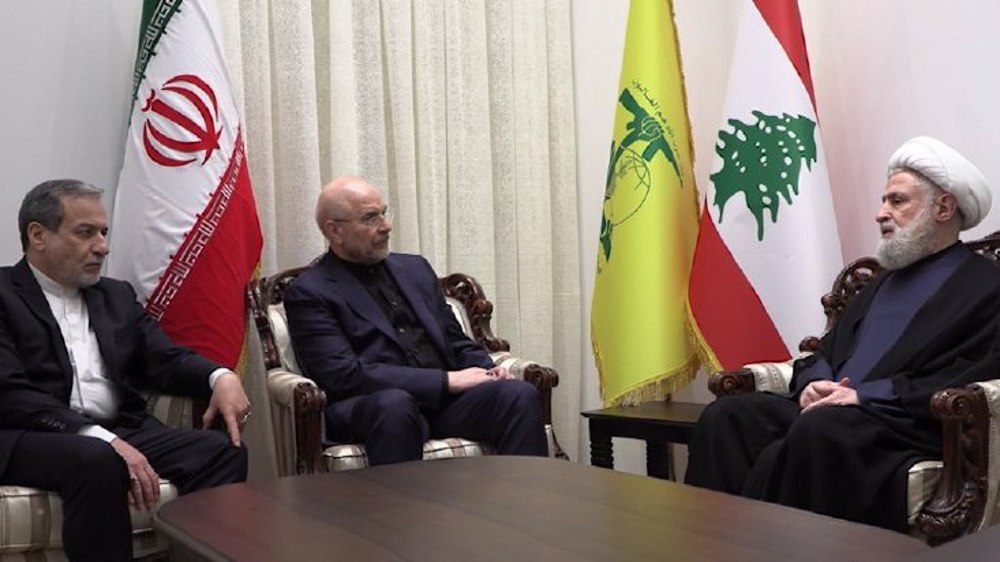
Iran’s parliament speaker, foreign minister meet Hezbollah chief in Beirut
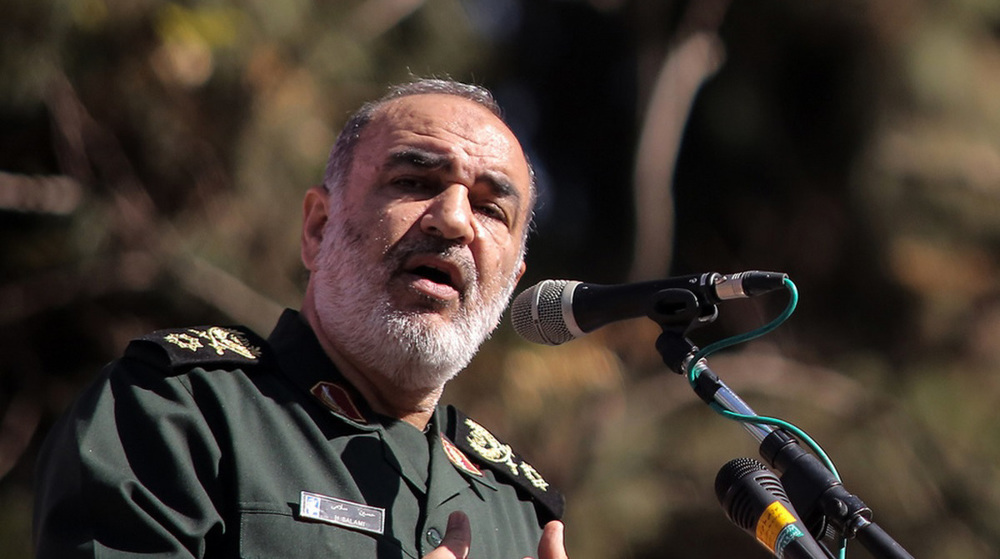
Flying warplanes over Beirut funeral exposed enemy’s fear of power, unity of nations: IRGC
Over dozen settlers injured in anti-Israel operation near Haifa
Pezeshkian: Iran open to talks but won’t capitulate to bullies
VIDEO | Iran unveils advanced naval arsenal
VIDEO | Reunion of released Palestinians and their families in Khan Yunis
Kurdish leader Ocalan calls on PKK militants to end war with Turkey
Health leader warns Africa's health services at risk of 'collapse'
VIDEO | Press TV's news headlines
Iranian flotilla makes port call in India with 'friendship message'


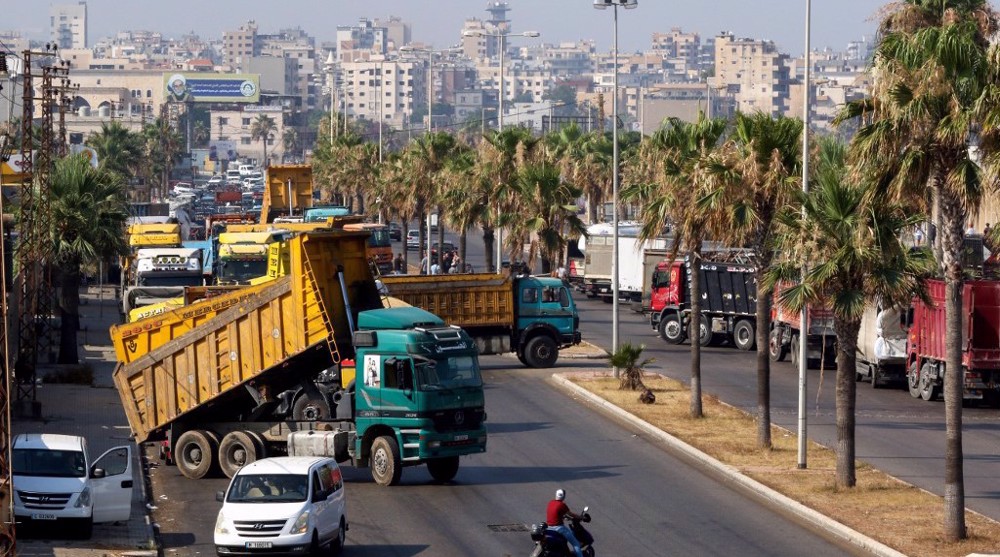
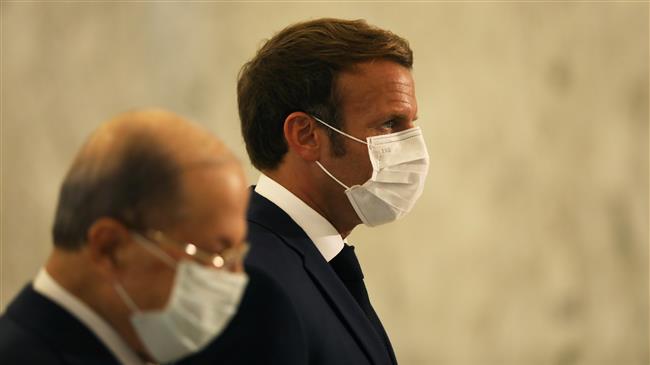



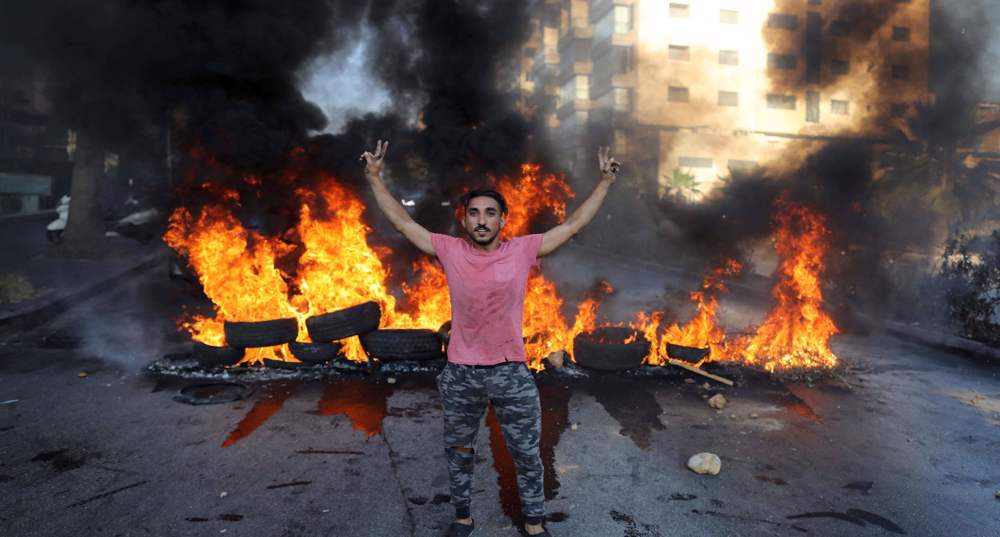
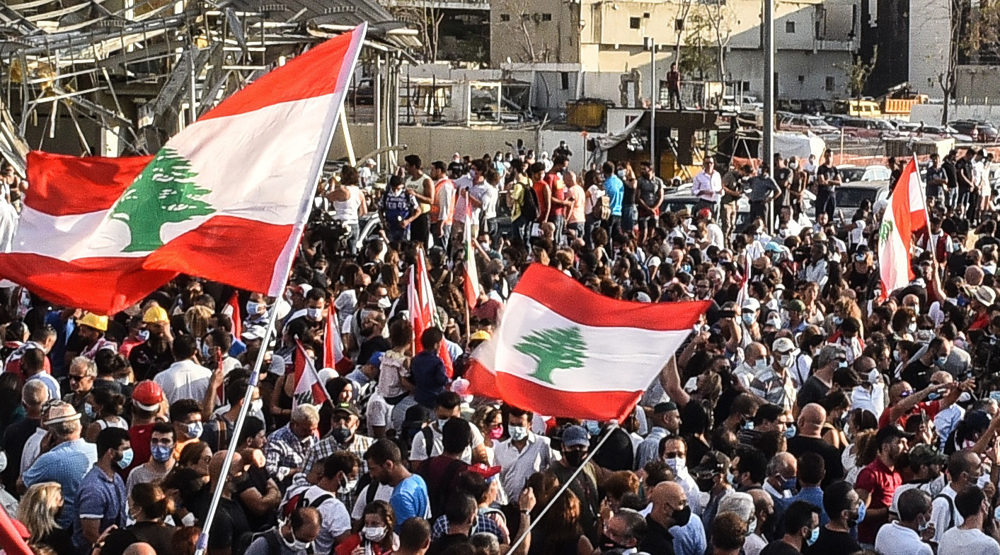
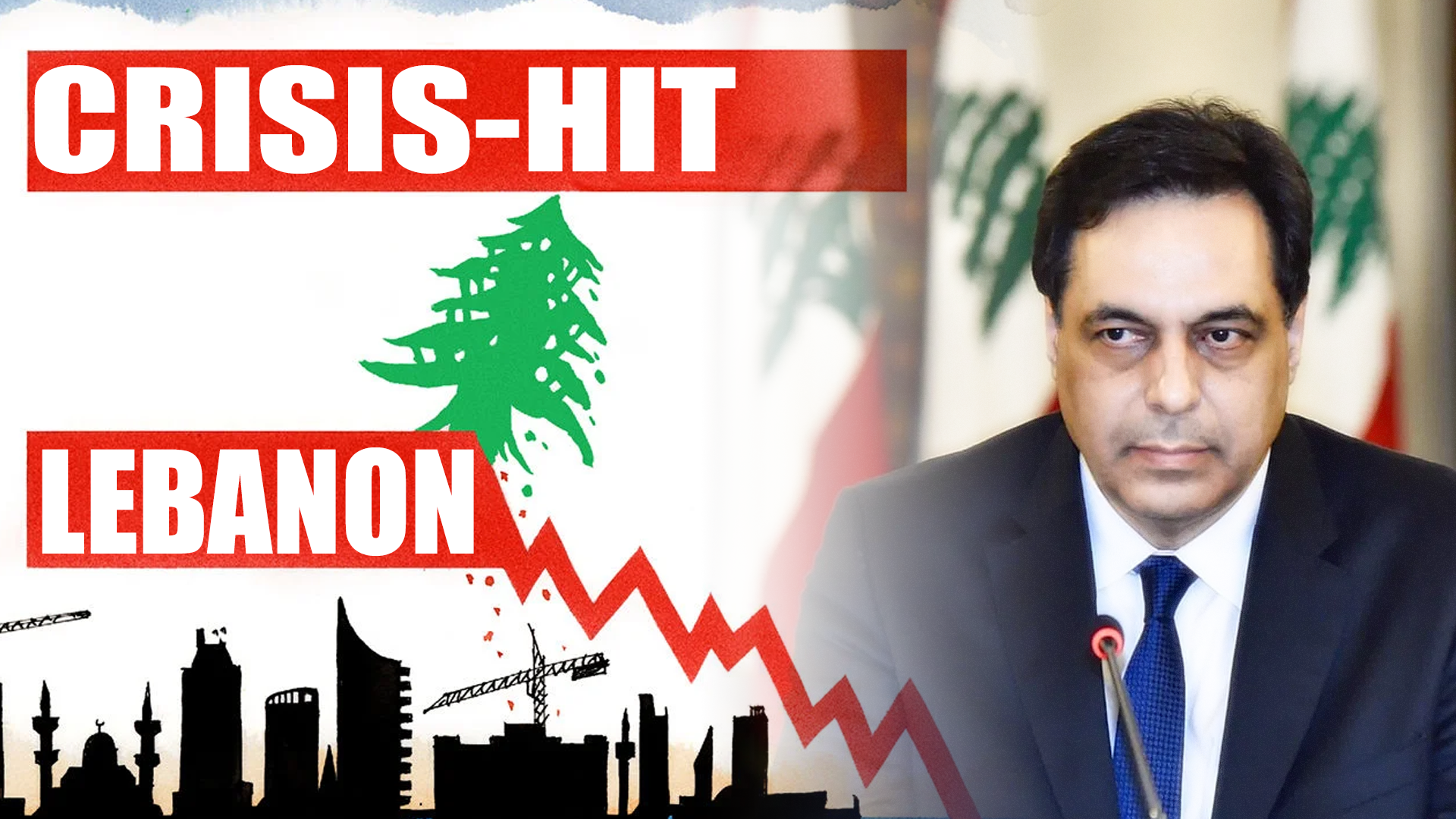
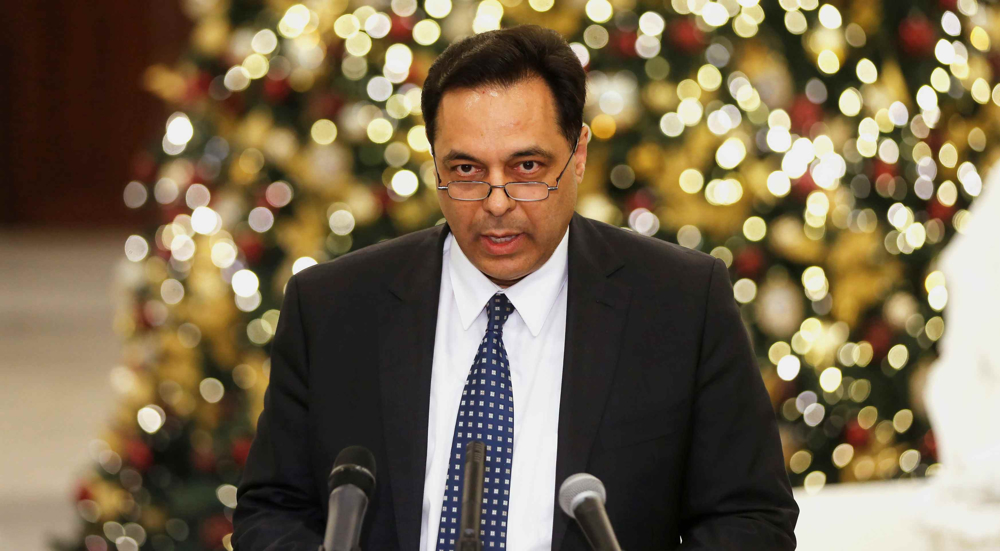

 This makes it easy to access the Press TV website
This makes it easy to access the Press TV website